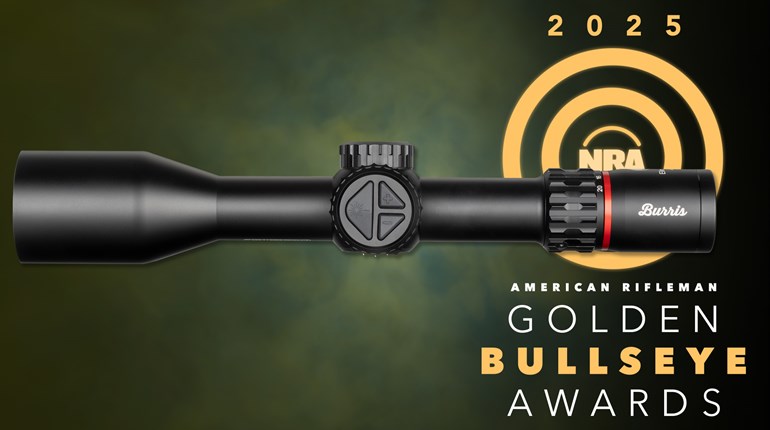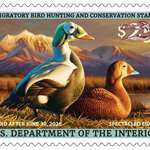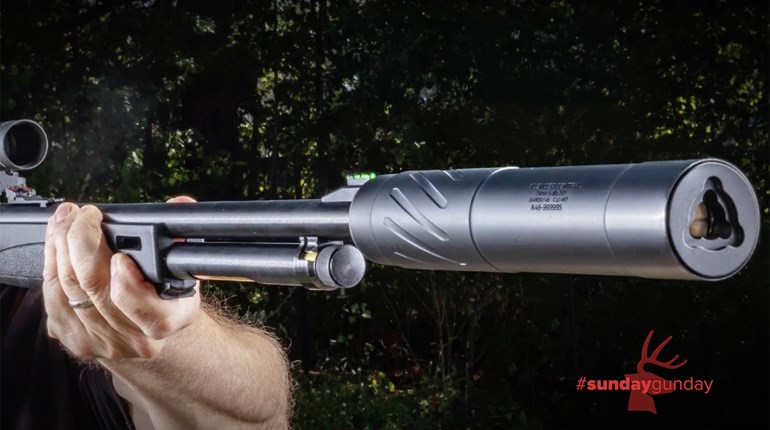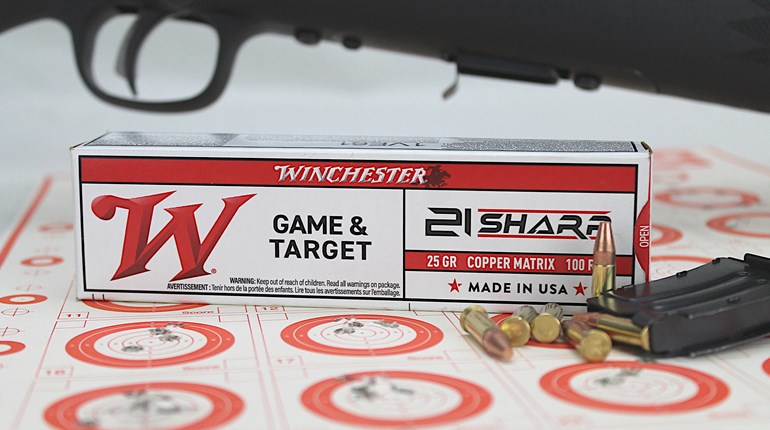
Maintaining public support of hunting is essential if hunting is to continue in the new millennium to benefit wildlife and the habitat we all call home.
Despite its importance as a good food source, as a wildlife-management tool and as a crucial source of funding for conservation in the United States, hunting remains vulnerable to misinformation, a lack of information and in general to negative attention focused on it by anti-hunting organizations and ill-informed media. This can encourage support for restrictive legislation and other measures. Facts alone will not be enough to move public opinion about hunting—the hunting community must appeal to non-hunters through common goals, motivations and values.
We know from our research that 79 percent of non-hunters support legal, regulated hunting, but it’s up to us to continue to reinforce the right messages when engaging non-hunters.
Be patient. Understand Americans care about wildlife but don’t know much about it.
Remember that licensed hunters in the United States represent less than 5 percent of the total U.S. population in any given year. COVID has given that number a boost, and we hope all those reactivated and new hunters stick with it, but the 10-year average prior to COVID has hunters representing less than 5 percent of our population. We must be our own best advocates to non-hunters if we expect to keep hunting.
Remember that increasing cultural acceptance of hunting is different than increasing participation in hunting. The former must precede the latter. Hunting can only occur in a society that accepts it.
Hunters and non-hunters share a lot of common ground, especially a love of wildlife. But research shows that most Americans have a fairly low knowledge of wildlife management issues.
In one state survey, most members of the general population (i.e., not hunters) “failed” a series of knowledge questions about wildlife, habitat and fish-and-wildlife agency responsibilities, typically answering less than half the questions correctly. It’s useful to remember that concepts widely understood by hunters (basic wildlife management and the role of hunting in conservation) may not be as obvious to the average non-hunting member of the public.
This means we must craft our messages carefully, using the right words, concepts and phrases. Perhaps above all else, we must be patient and understand our audience. Remember to find common ground to educate your audience (a co-worker, neighbor, friend) about how hunters pay (through hunting-license purchases and taxes on firearms and ammunition) to be the wildlife management tool the United States uses to keep our always-changing landscape in check. Ready yourself with the right information depending on the circumstance and be prepared to back it up with facts.
Here are a few facts:
• Hunters pay excise taxes that fund habitat restoration and land conservation ($12 billion since the ’40s). Much of this land is used by non-hunters as they hike, fish and camp. These lands provide vital habit for all kinds of wildlife, birds and insects that are important to our ecosystems. These open spaces, paid for by hunters, not only provide critical habitat and recreation opportunities, but also provide key environmental benefits like regenerating and cleaning water sources, flood mitigation and carbon offset.
• Hunters are the main tool used to manage wildlife populations in the United States. When there is an animal biological surplus (more game than the habitat can provide for), hunters keep the balance. As our population grows (17 percent in the last 20 years), habitat is destroyed. As habitat is changed, there is a need to make sure wildlife populations can adapt without negative human/wildlife interactions. Hunters help with harvesting the surplus; their license fees help create new habitat.
If You’re Reading This, You’re a ‘Pro’
By the time you read this, the NRA Hunters’ Leadership Forum will have shipped more than 2,000 books to the U.S. community of hunting professionals in hopes they will use it to shape and mold their future directions.

Hunting-community professionals include individuals who work for one of the 50 state wildlife agencies, U.S. Fish and Wildlife Service, and conservation organizations like Delta Waterfowl, Rocky Mountain Elk Foundation, Wild Turkey Federation, Pheasants Forever, etc. There are also numerous other organizations that work day in and day out to help conserve habitat, protect your hunting rights and help recruit and service hunters in the United States. It’s these people who will be part of creating and developing future pro-hunting programs that the NRA’s research book will help.
If only we could get a copy of this book to every hunter to read … however, that is not a reality.
Here’s your first takeaway: We cannot expect to grow hunting without first increasing cultural acceptance of our pastime. No one will hunt in a society that increasingly does not accept it.



































